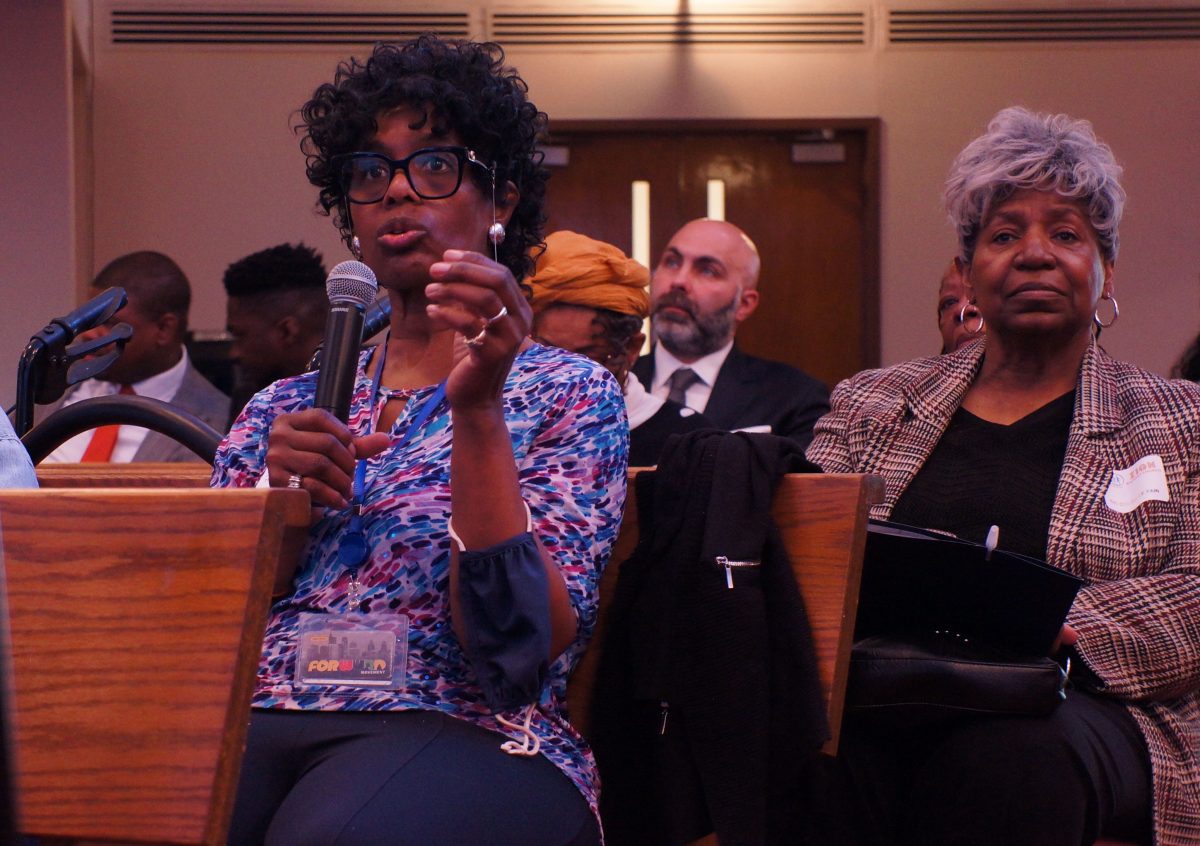Two Memphis natives have partnered with doctors of color from around the country to improve health disparities facing the community, while also educating and empowering African Americans to advocate for themselves in healthcare.
Mike Mosby, executive director of local nonprofit Raising the Bar, and Dr. Jonathan Goree, a pain medicine anesthesiologist who leads the North American Neuromodulation Society’s (NANS) diversity committee and serves as the director of the chronic pain division at the University of Arkansas for Medical Sciences (UAMS), have teamed up to host the Color of My Pain community health summit on September 28 from 9 a.m. to 1 p.m. at Riverside Baptist Church, located at 3590 South Third Street.
Mosby and Goree have a friendship that dates back to their childhood and are hoping this free event will not just inform African Americans on pain management, but will increase conversations on the “crisis” that disproportionately affects Black people.
Goree conducts research, with one of his focuses being in the delivery of “cutting-edge chronic pain care” to different communities. “Ten or 15 years ago when somebody was hurting, we gave them opioids,” Goree said. “That caused a lot of problems and destroyed a lot of communities, including minority communities. Just because we have an opioid crisis and we’re trying to prescribe less medication, that doesn’t mean that people aren’t still in pain. We have to know how to treat pain.”
Goree also studies how decisions made during this crisis affect minority communities. Goree said you can argue that minority communities were under-treated to begin with, and restrictions affect them even more.
He went on to say that his work is to challenge these inequities in hopes of making everyone’s care equal. Goree noted that most of these disparities aren’t intentional, but there needs to be an understanding about where those deficits are and how he and his medical community can work to remedy them.
This issue is personal for Mosby, as he and his wife experienced the loss of their infant child as a result of healthcare providers failing to properly assess their needs. According to Mosby, his wife went to the hospital after experiencing pain during her pregnancy. Doctors turned her away, and she later had their child in the restroom of their home and almost hemorrhaged to death.
“The whole traumatic experience is forever going to be a imprint in my mind,” Mosby said. “When my wife started going to different groups, it was like so many of us had experienced lack of care.”
He went on to speak about how other people in his family, such as his mother and aunt, have visited with doctors who weren’t people of color and noticed that they often left with many of their questions not being answered.
“Unfortunately it’s not a too uncommon story,” Goree said. “A lot of it has to do with the power dynamic. When you go to the doctor, we often see the doctor as a position of authority. Sometimes in disadvantaged communities, the position with the physician is often paternalistic. It’s normally a man of a different race — we don’t feel comfortable asking questions because we don’t have the knowledge or the information.”
Mosby and his wife now have a son who will turn one in October. He said this time around their care was tailored to his wife’s needs with her support and medical team being composed of doctors of color. He said after seeing the changes, he’s “locked in for sure” on encouraging others to know their options and how to tailor their care for their needs.
“Our hope is to be the organization that people will say in the young folk’s term ‘the plug,’” Mosby said. “People have questions, and people are very comfortable when they’re in their own skin and their environment.”
Goree added that they want to flip the power dynamic so people feel comfortable asking questions and having conversations they’ve always wanted to have. He said part of this is bringing that comfort to them in a setting where they find solace.
“A lot of minority communities are comfortable in their place of worship,” Goree said. “They’re not comfortable in a hospital, they’re not comfortable in the doctor’s office. They’re comfortable in the place they go every Sunday where they are empowered by a higher power to get the help that they need.”
The community health summit is free to the public. Those interested can register for the event via Eventbrite.
